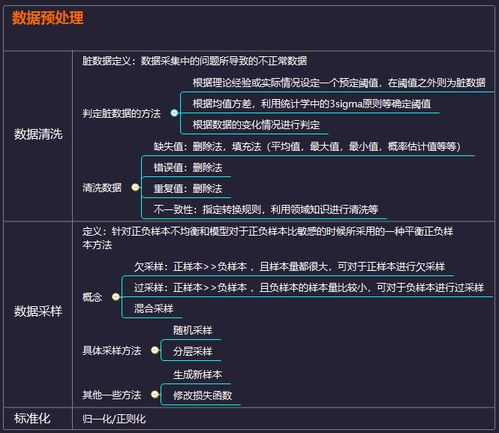ASP.NET Online Store Operations Feasibility, Exploring Practicality and Strategy
1. Technical Requirements and Infrastructure
To establish a successful ASP.NET online store, the first step involves understanding the technical requirements. ASP.NET is a powerful framework used for building dynamic web applications, and its architecture facilitates the creation of responsive and interactive online stores. A web server like Internet Information Services (IIS) is essential for hosting ASP.NET applications. Additionally, a robust database management system, such as SQL Server, is typically employed for efficient data handling, including product listings, user data, and transaction records.
Moreover, developers must ensure that they have the necessary programming skills in C# or VB.NET, as these languages are primarily used within the ASP.NET environment. An effective online store will also require knowledge in HTML, CSS, JavaScript, and possibly frameworks like Angular or React for enhanced user interface design. Continuous integration and deployment (CI/CD) practices can be implemented to streamline updates and maintenance, ensuring that the online store operates seamlessly post-launch.
Furthermore, considering the security implications is essential. Implementing HTTPS to secure data transmission and applying proper authentication mechanisms are critical to protecting user information and maintaining trust in the online store.
2. Market Strategies for Success
Beyond the technical facets, exploring effective market strategies is crucial for an ASP.NET online store’s success. Understanding the target audience helps tailor the online shopping experience to their needs, significantly influencing conversion rates. Engaging in search engine optimization (SEO) practices, such as keyword integration and quality content development, will aid in enhancing online visibility and attracting organic traffic.
Implementing social media marketing and email campaigns can also boost brand presence and draw in potential customers. Analyzing competitors' approaches within the same niche provides valuable insights that can further refine marketing strategies. Besides, offering promotions, discounts, and loyalty programs are proven methods to incentivize purchases and build a returning customer base.
Utilizing analytics tools to track user behavior on the site allows for data-driven decision-making, enabling the identification of trends and optimizing product offerings. By leveraging these strategies, an online store can create a sustainable competitive advantage in the digital marketplace.
3. Implementation Efficiency and Scalability
The implementation efficiency of an ASP.NET online store heavily influences its scalability. Starting with a well-structured codebase and documentation promotes easier updates and modifications. Developers should adopt best coding practices, utilizing design patterns and modular programming to enhance maintainability. This approach not only reduces the risk of bugs but also speeds up the development process, allowing for rapid deployment of features and fixes.
Scalability is another critical aspect. As the online store grows, its architecture should support simultaneous traffic without performance degradation. ASP.NET’s asynchronous programming capabilities can be leveraged to handle multiple requests efficiently. Moreover, cloud solutions such as Microsoft Azure can provide the necessary resources for scalability, enabling the store to handle increased load as more users engage with the platform.
In summary, the feasibility of operations within an ASP.NET online store hinges on a thorough understanding of technical requirements, effective market strategies, and implementation efficiency. By navigating these crucial elements, aspiring online retailers can position themselves for success in the competitive e-commerce landscape.





